Brisbane-headquartered RedEarth Energy Storage has teamed with German electric vehicle (EV) charging technology company ambibox and Chinese battery tech manufacturer Nebula Electronics to develop a residential “Microgrid-in-a-Box” (MIB) solution.
RedEarth Chief Executive Officer Marc Sheldon said the MIB system would deliver a world first, combining all the feature capabilities of solar, battery energy storage, and bidirectional EV charging in a single unit and enabling it via software.
“When you’re currently deploying a solar system and an EV charger and a battery, you usually have to have at least two boxes on the wall,” he said. “What we’re doing with Microgrid-in-a-Box is actually turning that around and collapsing it all into one system.”
“In essence, it becomes one box and you can deploy that one box how you like. You can start using it just as a solar inverter, you can start using it just as a battery, or just as an EV charger. When you want additional features, you just enable it using software. There is no additional box to put up on the wall.”
The MIB system, that is expected to initially top out at 30 kW and up to 100 kWh in terms of storage capacity, has been designed to integrate distributed energy resources and maximise the potential of EVs to serve as ‘batteries on wheels.’
The companies said the global partnership, that spans Asia, Europe and Oceania, will build “scalable and affordable energy management and distribution systems that seamlessly integrate both V2H (vehicle-to-home) and V2G (vehicle-to-grid) functionalities, reducing the size or need for a home battery.”
Sheldon said the collaboration, which builds on RedEarth’s existing relationship with ambibox, will deliver new opportunities for households to realise their potential to be truly energy independent.
“Using their electric vehicle as a battery means they can use the energy on their vehicles to power their home instead of relying solely on a home battery or grid electricity,” he said.
Ambibox Chief Executive Officer Manfred Przybilla said the company has been working on the MIB solution for more than a decade and real-world testing shows it can reduce overall energy costs for users by up to 60% and generate revenue for homeowners who are providing grid services through market participation and trading.
“With EVs that are V2G ready to be used as a battery on wheels, we are ready to deploy the technology into the markets,” he said. “We’ve demonstrated our experience in the field with the launch of over 200 commercial V2G pilot projects in Sweden, validating the system’s reliability under demanding conditions.”
RedEarth said the MIB system will be produced for the Australian and New Zealand markets at its manufacturing facility in the Brisbane suburb of Darra.
“In the context of this particular system, what that means is we will get the cells, cell packs and power electronics out of China,” Sheldon said. “The remainder of the work, the enclosure, battery management system, EMS and other components will be added in here with the cabling and the final integration and assembly and end-of-line testing here in Darra.”
The first batch of jointly developed products is expected to enter the markets of Australia and New Zealand, China and Europe in 2026, with plans to expand to other regions.
This content is protected by copyright and may not be reused. If you want to cooperate with us and would like to reuse some of our content, please contact: editors@pv-magazine.com.
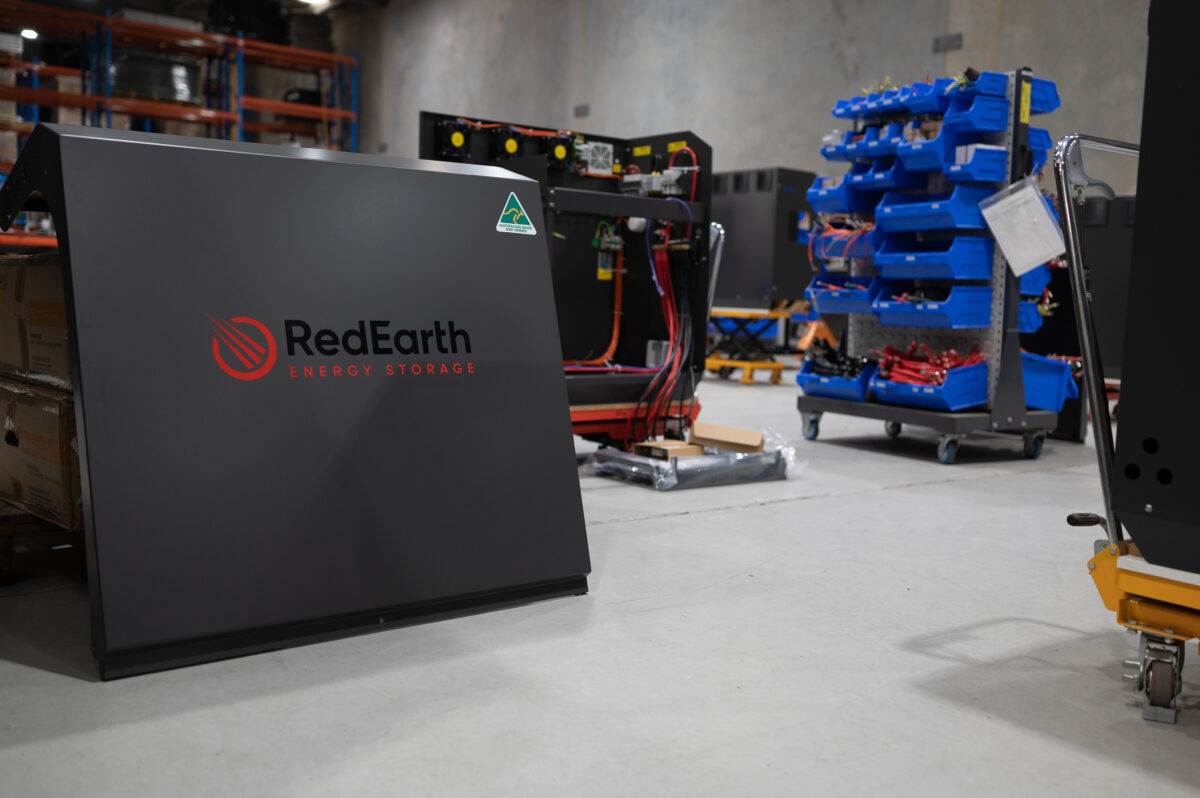
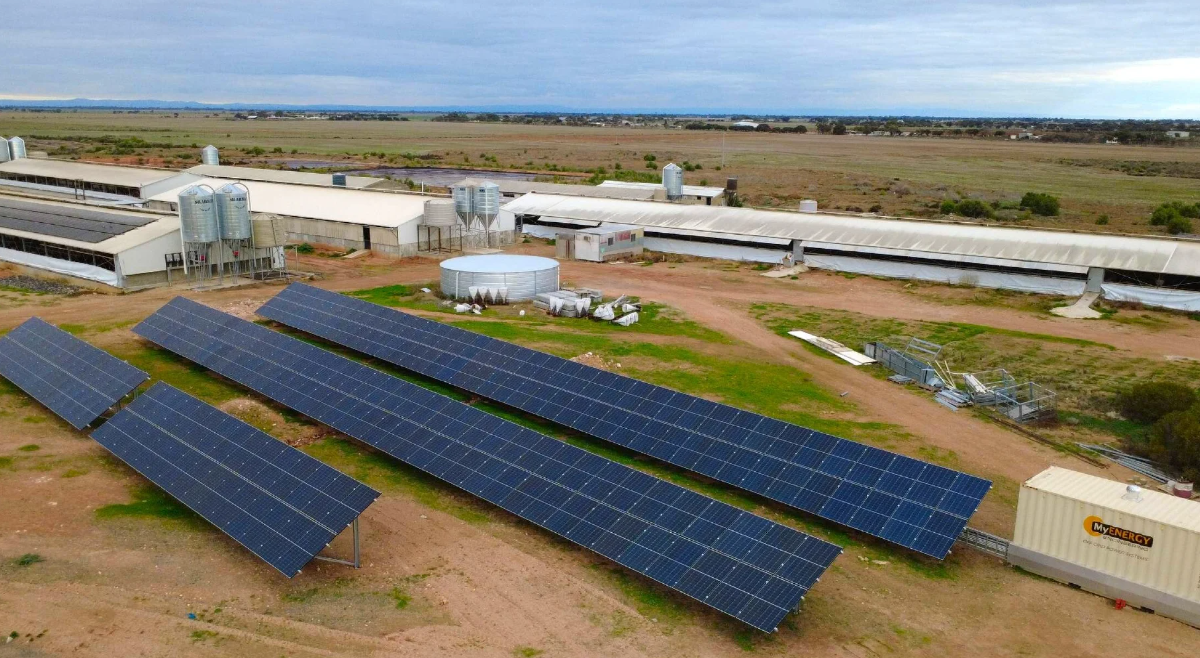


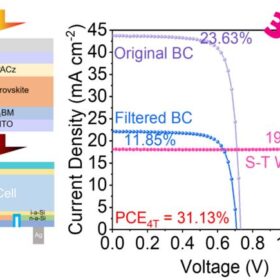
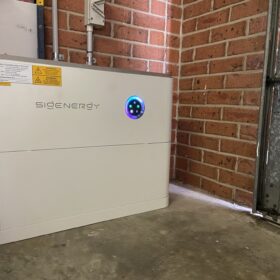
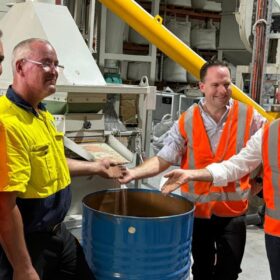

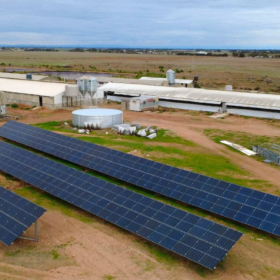
By submitting this form you agree to pv magazine using your data for the purposes of publishing your comment.
Your personal data will only be disclosed or otherwise transmitted to third parties for the purposes of spam filtering or if this is necessary for technical maintenance of the website. Any other transfer to third parties will not take place unless this is justified on the basis of applicable data protection regulations or if pv magazine is legally obliged to do so.
You may revoke this consent at any time with effect for the future, in which case your personal data will be deleted immediately. Otherwise, your data will be deleted if pv magazine has processed your request or the purpose of data storage is fulfilled.
Further information on data privacy can be found in our Data Protection Policy.